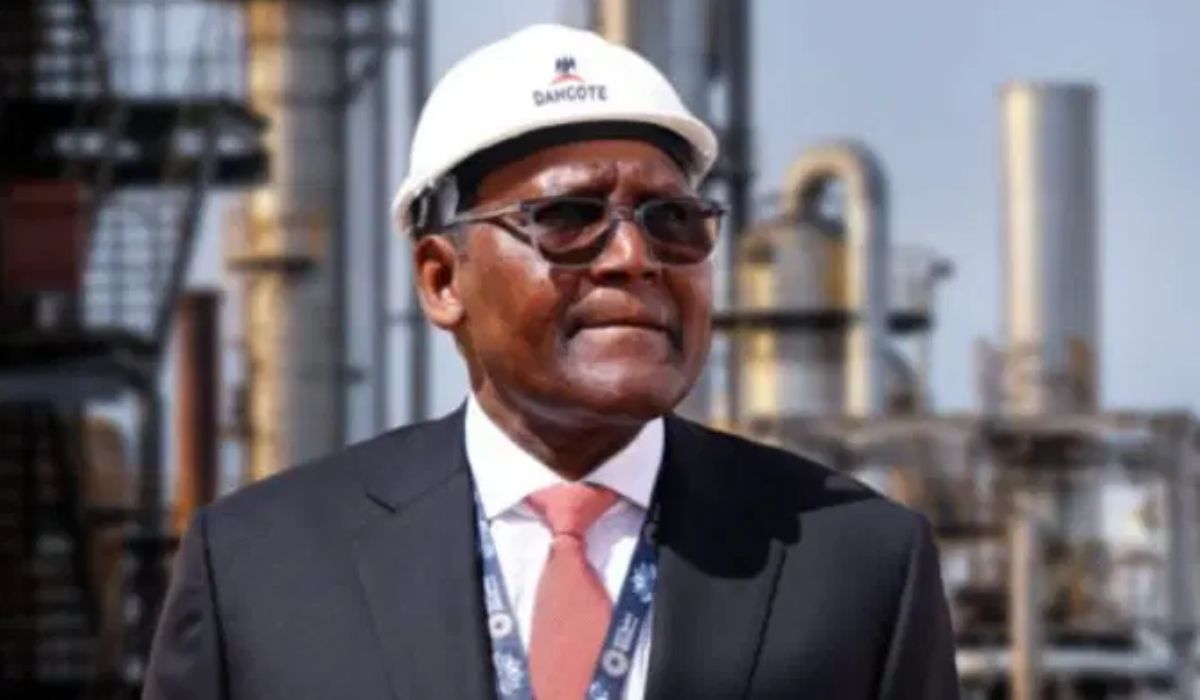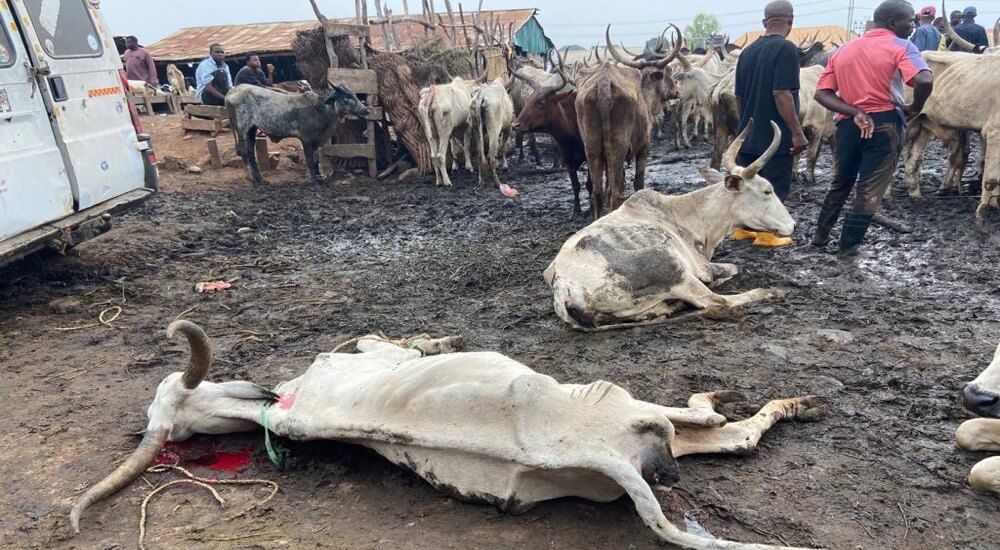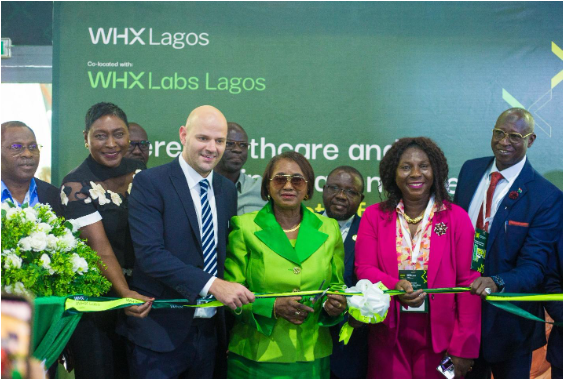Dangote Refinery: Nigeria’s Only Active PMS Producer, Says Economic Analyst

A prominent economist and energy sector analyst, Kelvin Emmanuel, has asserted that the Dangote Refinery stands alone as Nigeria’s sole facility truly producing Premium Motor Spirit (PMS), commonly known as petrol.
Emmanuel shared this assessment during his appearance on Channels Television’s Morning Brief program on Monday.
He challenged government claims regarding the revitalization of state-owned refineries, contending that these facilities are either non-operational or merely conducting blending activities rather than actual PMS refining.
“I’ve always said it, and I stand by it: the only refinery in Nigeria producing PMS is Dangote. Dangote is doing 44 million liters of PMS daily,” he declared.
“In contrast, NNPC is not refining PMS – they are only blending,” he added.
“Warri has a catalytic reforming unit, but Warri’s catalytic reforming unit is not functional,” Emmanuel said.
“So you can’t refine PMS. You can produce naphtha, but you can’t break it into higher distillates like PMS. The same thing applies in Port Harcourt.”
Emmanuel indicated that his assertions are supported by data from the Nigerian Midstream and Downstream Petroleum Regulatory Authority (NMDPRA), which shows no PMS production from government refineries.
According to Emmanuel, what passes for production at these facilities is actually a blending process: “What they were doing was they barge C5 raciness to the refinery, blend with NAFTA, condense it and call it PMS.”
He detailed the theoretical production capacities of Nigeria’s major state refineries – Port Harcourt (with 60,000 and 150,000 barrels per day in its old and new units), Warri (125,000), and Kaduna (110,000) – but maintained that none is currently producing PMS.
The analyst noted that Kaduna Refinery houses two Crude Distillation Units (CDUs): CDU1 and CDU2, with respective capacities of 50,000 and 60,000 barrels daily. Despite this infrastructure, actual refining operations remain inactive.
“The government-owned refineries are not doing what they are supposed to do,” he stated. “There’s Arabel in River State, there is Walter Smith, there is DuPont Mainstream, there’s OPAC. Those are modular refineries, you know, small refineries, 11,000, 5,000 here, 1,000 here, 2,500 here.”
Emmanuel’s critique extended beyond refining capacity to address what he describes as a fundamental deficiency in Nigeria’s petroleum sector governance: the absence of a comprehensive hydrocarbon accounting framework.
“I’ll say that the Nigerian government today does not have an accurate estimate of the amount of crude oil that comes to the surface,” he said. “Nigeria is one of the few crude oil-producing countries in the world without a hydrocarbon accounting framework.”
He explained that such a framework would enable government agencies, including the Ministries of Finance and Petroleum Resources, to independently verify production volumes and government entitlements in real-time.
“The hydrocarbon accounting framework is not just a spreadsheet. Section 69 of the Petroleum Industry Act (PIA) requires a proper grid system, GIS mapping for onshore acreages, and metering of wellheads, aggregation pipes, and transmission pipelines,” Emmanuel said.
Emmanuel referenced a controversial $450 million transaction involving a licensed firm that received crude oil from NNPC as an advance payment for refinery maintenance services.
He questioned the economic rationale of allocating substantial funds for turnaround maintenance instead of investing in new refining capacity. According to Emmanuel, the maintenance budget approved by the Federal Executive Council (FEC) in 2021 was sufficient to construct an entirely new refinery.
The Dangote Refinery, Africa’s largest, began importing crude oil from international sources last year after NNPCL failed to supply adequate volumes for its operations.
In November 2024, Aliko Dangote, who heads the Dangote Group, advocated for greater cooperation with local refineries to satisfy Nigeria’s daily petrol requirements.
Recent developments include the Dangote Petroleum Refinery’s export of two jet fuel shipments to Saudi Aramco, the national oil company of Saudi Arabia, and the world’s largest oil producer.



